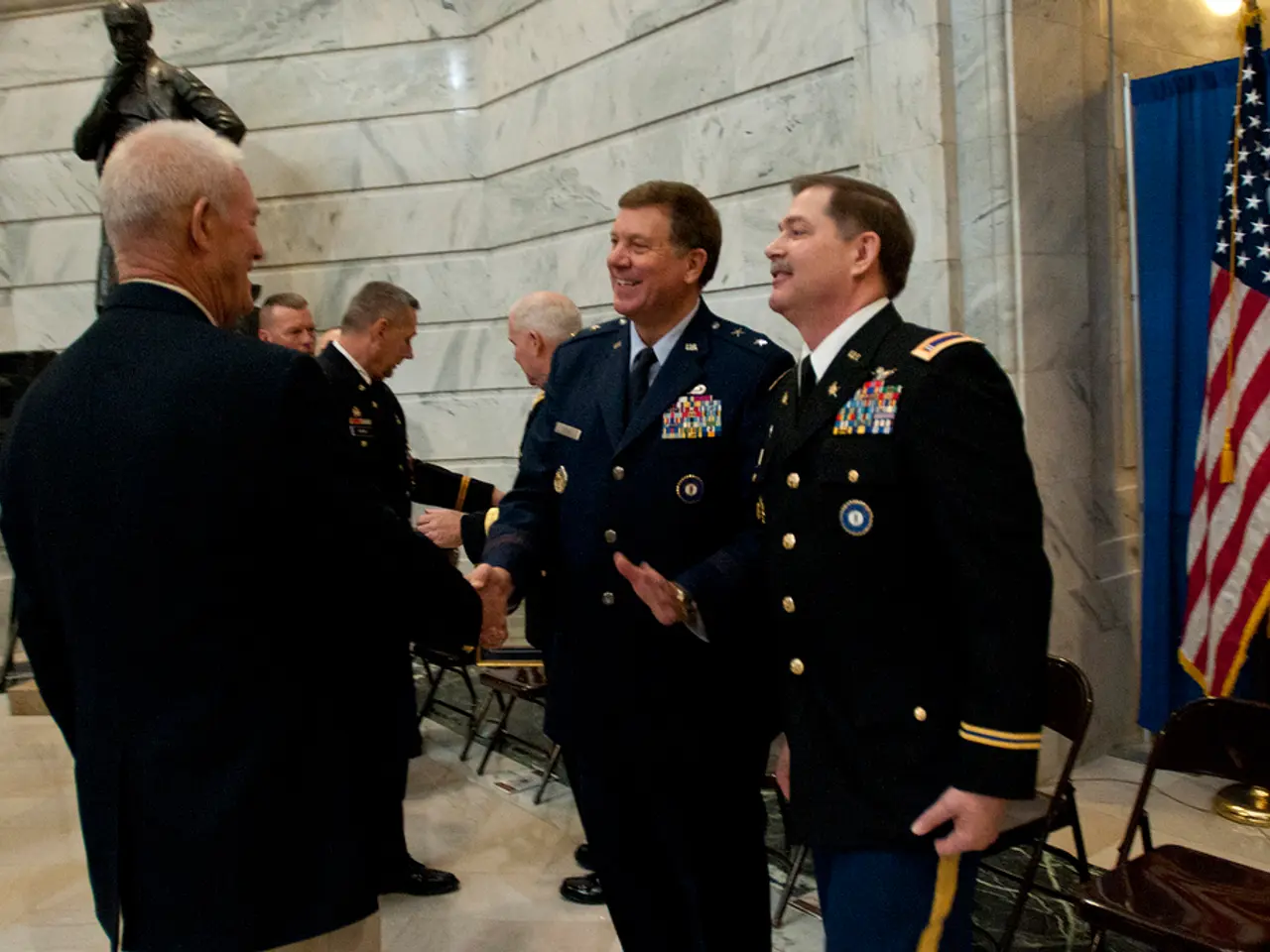U.S. guarantees exclusive access to newly agreed Armenia-Azerbaijan peace accord
The "Trump Route for International Peace and Prosperity" (TRIPP) is a groundbreaking strategic transit corridor agreement, brokered by the United States and signed between Armenia and Azerbaijan in August 2025. This agreement grants the U.S. exclusive development and management rights for 99 years to a corridor connecting Azerbaijan with its exclave Nakhchivan through Armenian territory, under Armenian law.
The corridor is intended to facilitate trade and transit between Turkey, Azerbaijan, and Central Asia, bypassing Iran and Russia. By doing so, it aims to boost regional economic integration and reduce the influence of those powers in the South Caucasus.
The peace treaty and corridor agreement were initialed and published by both Armenia and Azerbaijan in August 2025, signaling a formal commitment to cease hostilities, open full diplomatic relations, and respect sovereignty and territorial integrity. However, full reconciliation remains challenged by unresolved territorial disputes and constitutional demands from Azerbaijan, particularly regarding Nagorno-Karabakh. This makes a comprehensive peace agreement unlikely in the immediate term.
Domestic opposition in Armenia expresses concern that TRIPP compromises sovereignty, and regional actors like Iran have threatened to block the corridor citing security fears despite publicly welcoming the peace deal. Russia and Iran have expressed cautious support but also issued warnings about extensive foreign involvement, emphasizing the need for balance and regional security considerations.
If fully implemented, the peace agreement and corridor may contribute to lasting peace and economic cooperation. The TRIPP corridor is expected to significantly enhance regional economic development by establishing a new transit route for rail, oil, gas, fiber optic, and possibly electricity infrastructure, thus connecting the South Caucasus with Turkey and Central Asia more directly. The U.S. aims for the corridor to reduce the geopolitical influence of Iran, Russia, and China, potentially shifting economic dependencies in the region.
However, history and existing disputes caution that border incidents and unresolved grievances could reignite conflict. Both Armenian and Azerbaijani leaders assert that the agreement is not directed against regional powers and may even offer economic opportunities to Russia and Iran through new railway connections, suggesting a complex but potentially stabilizing geopolitical dynamic.
The peace treaty represents a historic step toward peace and economic integration in the South Caucasus but faces significant political, constitutional, and regional opposition risks that may limit its immediate effectiveness in conflict resolution. The leaders of Armenia and Azerbaijan have agreed to the dissolution of the OSCE Minsk Group, a conflict resolution group created in the 1990s.
Germany has been actively supporting the peace process between Armenia and Azerbaijan, through regular high-level exchange and peace talks in Berlin last year. Germany has also been providing humanitarian aid of 27.5 million euros and deploying civilian personnel to the southern Caucasus, particularly to the EU mission in Armenia. Germany praised US President Donald Trump's efforts in achieving the peace treaty.
The peace treaty signing is hoped to bring an end to a long history of conflict, displacement, and suffering in Armenia and Azerbaijan. Both governments are urged to ratify the peace treaty as soon as possible. The agreed peace treaty is the latest in a series of diplomatic agreements in which the White House has played a significant role. A meeting with Russian President Vladimir Putin in Alaska is scheduled for Friday. Trump's main goal, ending the war in Ukraine, is expected to be discussed later this week. Germany remains ready to support Armenia and Azerbaijan on their way to lasting peace.
- The United States' role in brokering the "Trump Route for International Peace and Prosperity" (TRIPP), a strategic transit corridor agreement, indicates a large involvement of politics and general news in the resolution of war-and-conflicts, particularly the longstanding conflict between Armenia and Azerbaijan.
- The success of the TRIPP corridor, which aims to bypass Russia and boost regional economic integration, could potentially reduce the influence of powerful nations like Russia and Iran in the South Caucasus, adding a new dimension to the politics and general news discourse on regional developments.








